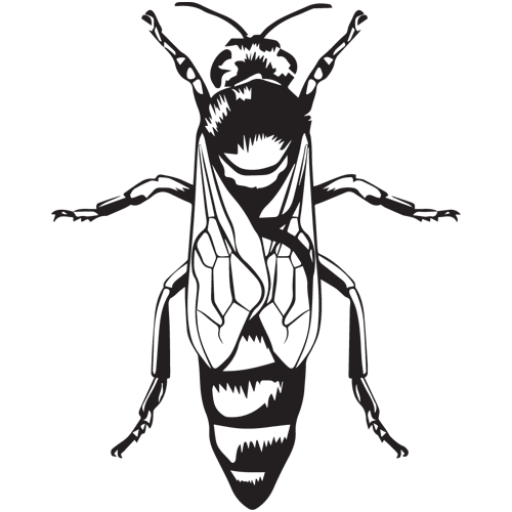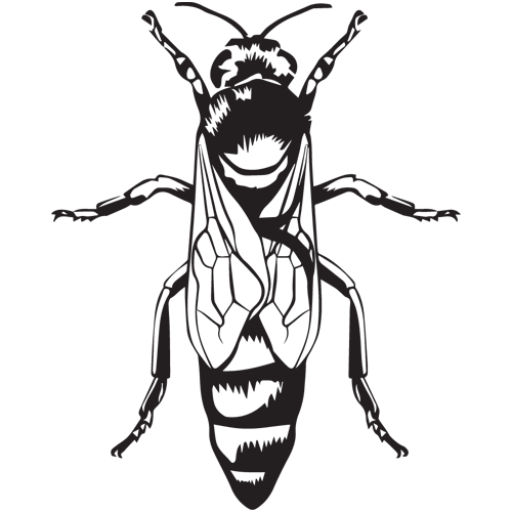Getting Started
Beekeeping in Queensland has exploded in popularity in recent years. Thinking about becoming a beekeeper? These are the things you need to consider before getting your fingers sticky.
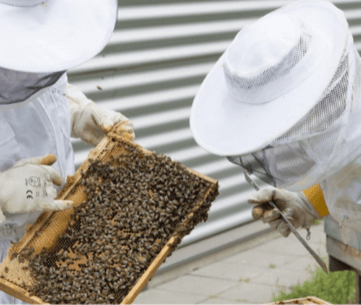
Keeping Bees in Queensland: Requirements and Obligations
Keeping honey bees isn’t only about the joys of producing your own honey. It is every beekeeper’s responsibility to ensure they meet all local, state and national Biosecurity obligations
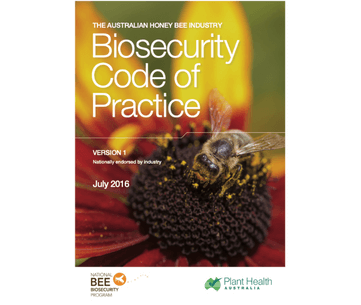
National Biosecurity Code of Practice
The Australian Honey Bee Industry Code of Practice has been developed in consultation with the honey bee industry and governments to provide a clear framework for all Australian beekeepers to engage in best-practice biosecurity.
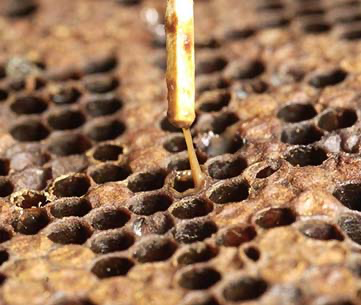
Free Online Biosecurity Training
Biosecurity is every beekeeper’s responsibility. The QBA recommends all beekeepers complete the free online Biosecurity Online Training (BOLT) course related specifically to keeping honey bees in Australia. Use the ‘Click Here’ button below and scroll down to the bottom of the page to access the BOLT training for beekeepers.
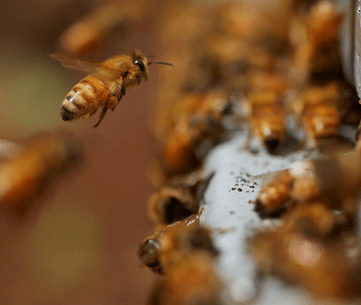
Join your local Beekeeping Club
Beekeeping clubs are a great starting point for anyone considering becoming a beekeeper. They provide mentoring and workshops for their members, allowing you to interact with like-minded community members.
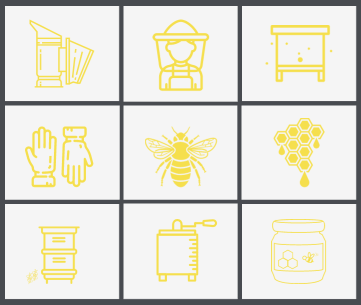
Beekeeping Equipment
Bees, boxes, bee suits and other equipment. Where to start and how to source.
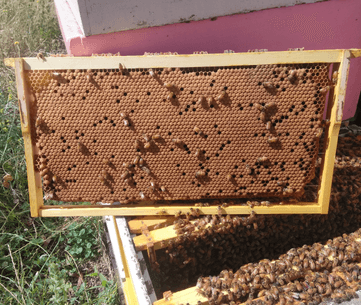
Guide to Keeping Bees in Urban Areas
We have produced this guide to assist with successfully keeping bees in urban areas.
Frequently Asked Questions
What do I need to do to start beekeeping?
The QBA strongly recommends all new beekeepers join their local club.
Beekeeping clubs can provide the ideal introduction to beekeeping. Most clubs welcome new beekeepers to come along and try on beekeeping for a day, get your hands sticky and interact with the bees.
Becoming a member of your local club will provide you with the opportunity to mingle with other like-minded individuals, connect you with beekeeping mentors, and be apart of the local beekeeping community in your area.
How do I obtain my first honey bee colony? Can I collect a wild swarm?
Ideally, your first colony should be purchased from a reputable experienced beekeeper.
Often beekeepers associated with clubs are your best option to purchase calm, content, happy and healthy bees to start off.
Collecting a swarm can prove problematic for the majority of new beekeepers.
Swarms are unmanaged colonies that can carry disease and often have temperament issues.
The QBA recommend only experienced beekeepers collect swarms.
Experienced beekeepers must ensure their bees are appropriately quarantined away from other colonies in order to meet strict biosecurity obligations.
When is it the right time to start beekeeping (obtain my first colony)?
Ideally we recommend anyone considering becoming a beekeeper should join a local club to learn and to increase skills and confidence in managing a colony prior to buying a hive of bees.
The Queensland beekeeping industry generally springs into life by mid spring each year. New beekeepers should expect to see nucleus honey bee colonies available for sale in late spring and early summer each year.
What equipment do I need to start beekeeping?
Beekeeping equipment can often be kept to a minimum when you’re starting out as a beekeeper. You will need a smoker, hive tool and protective clothing to begin.
What are the legal requirements for keeping bees in Queensland?
Anyone planning to keep bees in Queensland is required by law to register as a registered biosecurity entity in Queensland. Once you’ve completed your registration, you’ll be asked to provide a HIN number (also known as a Hive Identification Number).
QBA strongly recommends beekeepers wishing to keep honey bee colonies in urban locations (backyards etc) should contact your local council to establish any conditions associated with keeping honey bees in an urban environment.
It is your responsibility as a beekeeper to meet all obligations as stated under the Queensland Biosecurity Act and relevant subordinate legislations (regulations) associated with the Biosecurity Act.
For more information on legal requirements, please visit: Hive registration and hive marking | Business Queensland
What resources should I read/watch to learn about keeping honey bees?
In today’s world technology and google are often our first point of call when we’re thirsty for knowledge on a new subject.
If you’re keen to learn about keeping honey bees in Queensland, your first point of call should be to pick up a copy of ‘The Bee Book Beekeeping in Australia’ written by Peter Warhurst & Roger Goebel.
This book was authored by two experienced Queensland based beekeepers and provides all new beekeepers with a bible to beekeeping in Queensland.
In most instances new beekeepers will access online video streaming services to learn more about keeping bees.
As the vast majority of beekeeping tutorial videos are produced in North America, they are unable to provide insight into keeping bees in Australia.
North America’s climate differences, pest and disease challenges are vastly different to the conditions Australian beekeepers are accustomed to.
If you’re wanting to learn more, our best recommendation is to pick up an Australian published book, or connect with your local beekeeping club for a sticky hands on introduction to the world of honey bees.
What Our Members Say About Us
Hobby Beekeepers
Commercial Beekeepers
Total Qld Bee Hives
Bee Population Qld
Get in Touch
We encourage members of the public to connect with the QBA via email. One of our friendly team will be in contact with you as soon as possible.

